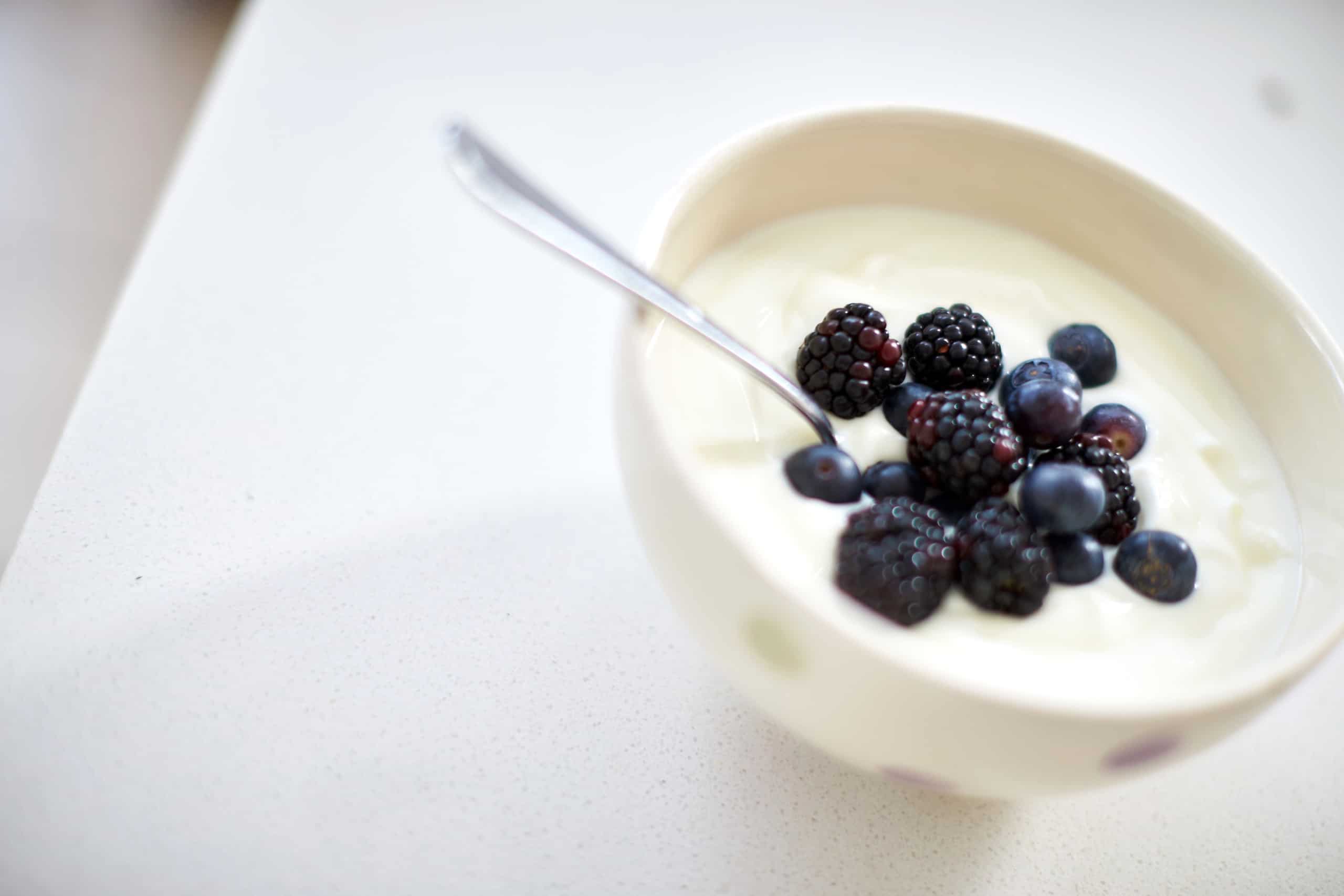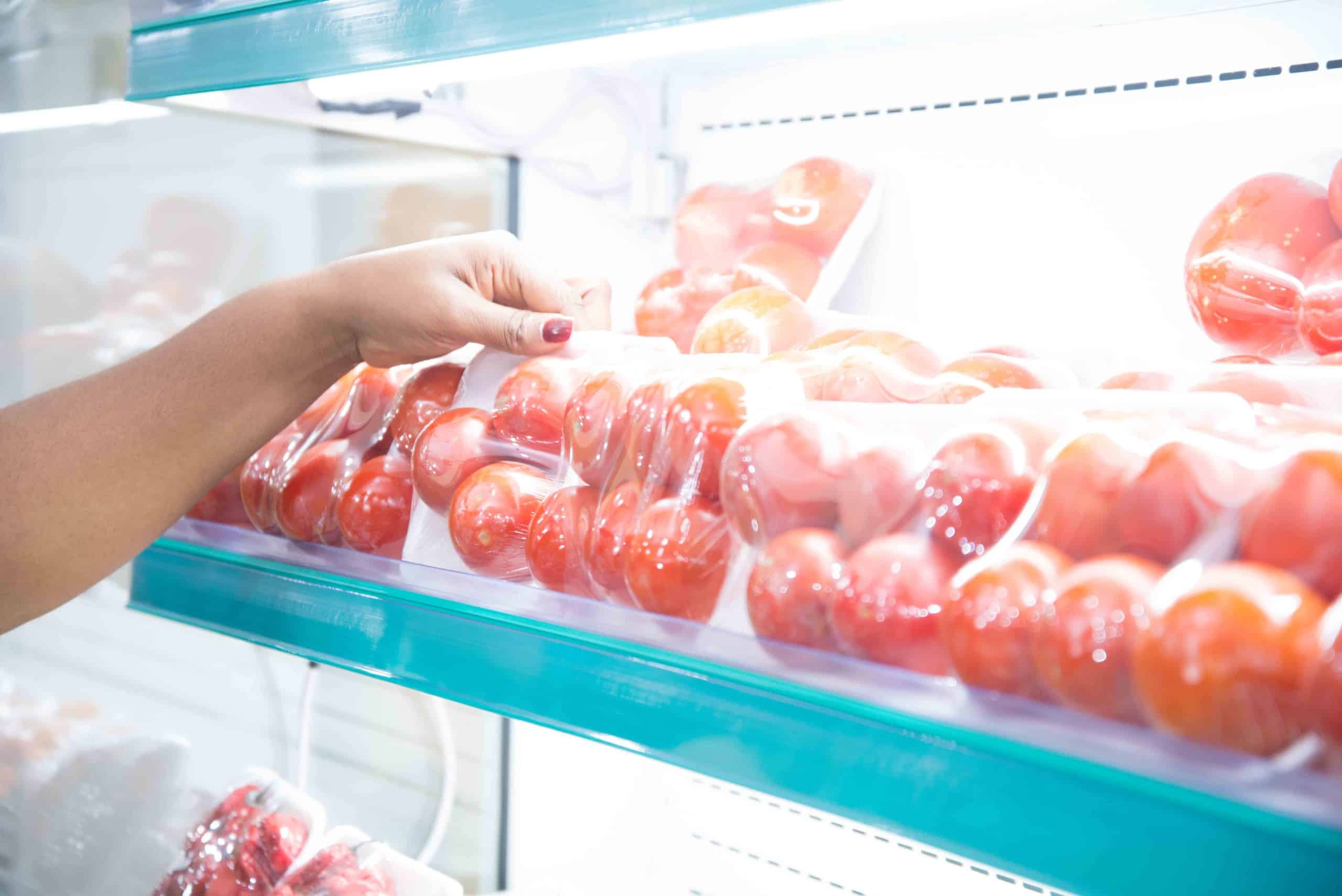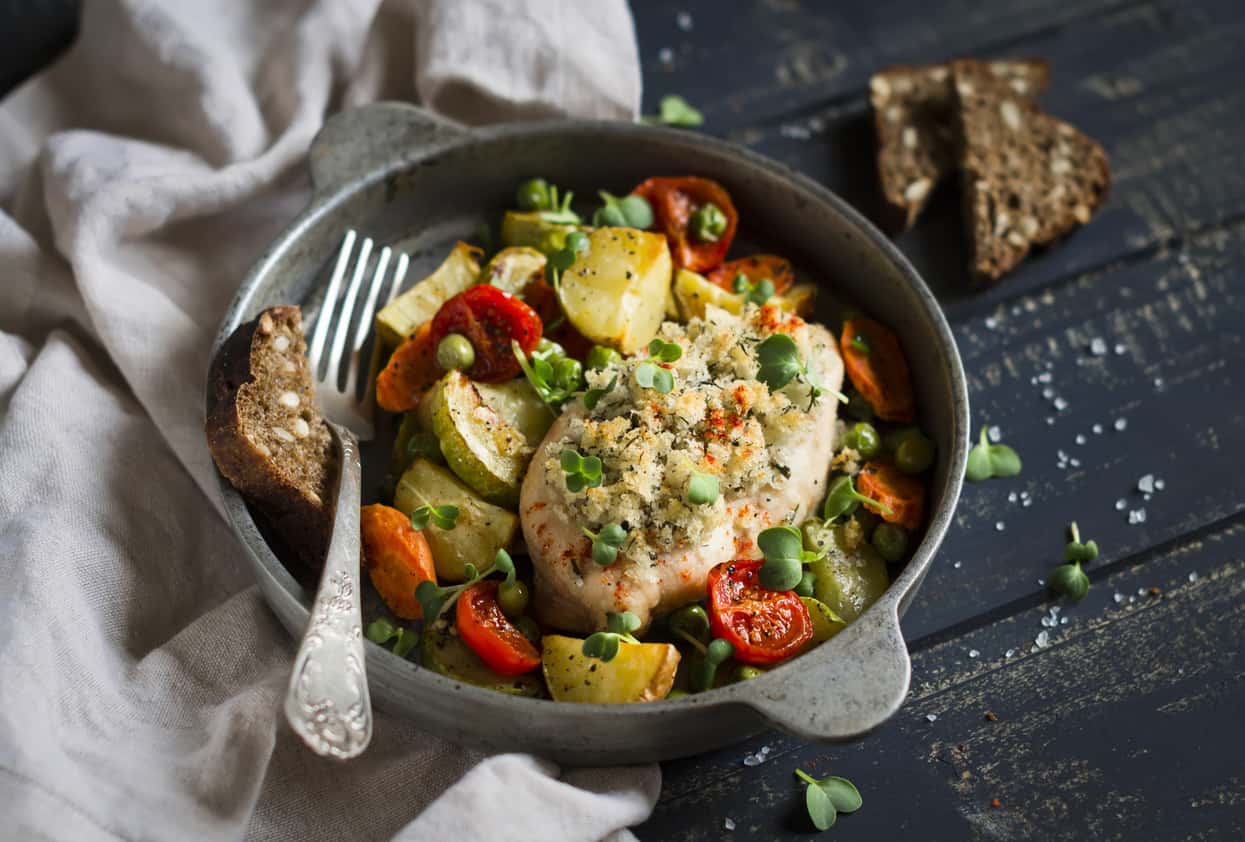Back to Patient Portal
Have you noticed that your weekly shopping costs seem to be slowly increasing once you reach the checkout? According to Forbes, the federal government and Reserve Bank have forecast that inflation in Australia will peak at 7.75% in the December quarter of 2022. As a patient who has undergone bariatric surgery, it’s important that you continue to eat a healthy diet by avoiding processed foods which will stimulate hunger and make you gain weight.
Today we’re going to give you a few tips on how you can continue to eat healthily every day and maintain your post-bariatric surgery diet, even on a limited budget.
Meal planning
The first point of call is to plan your meals for the week. Not only will this help to keep you on track, but it will also mean that you don’t end up buying unnecessary foods that will go to waste. Only buy what you are going to use. Every morning when you wake up and get ready for the day, spare a thought for when you plan to eat. This will allow you to have the meals that you need and want rather than running the risk of eating what’s available. The food that “pops up” onto your radar during the day is likely to be what you are trying to avoid i.e processed foods and snacks.
Using foods in different ways…
By meal planning, you can cleverly plan different foods that can be used across several meals. For example, a bag of carrots can be used in a variety of different ways, as can a cooked chicken. One day the chicken may be used with vegetables or a salad and another day can be used in a stir fry. Bulking out meals with expensive meats such as chicken with cheaper, seasonal vegetables is not only a great way of keeping the calories low but also the cost. Use different seasonings or flavourings to keep it interesting.
Making larger portions…
After bariatric surgery, one of the main focuses of meals is portion size. You may find now that you are eating much smaller portions than you were before. But you can still make these larger portions, just make use of them in different ways. It’s often cheaper to buy things in bulk and cook meals in bulk.
- Freezer-friendly meals – freeze meal sizes portions. This will also help during times when you may have no healthy food in the house; rather than ordering a takeaway, simply defrost a healthy meal from your freezer.
- Lunches – you can always use a smaller portion of your meal for lunch the next day.
- Re-purposing – be smart with your leftovers, and use them in creative ways. Such as leftover chicken being used in a stir fry or salad the next day.
Buying in season
When fruits or vegetables aren’t in season they are still available in the supermarket but become very expensive due to the costs involved in getting them to the store in the first place. One way to reduce your healthy eating costs is to take advantage of cheaper options by buying fruits and vegetables that are in season.
If you need a particular fruit or vegetable for your meals, then consider buying the frozen or tinned option instead. Frozen options are still as nutritious as fresh produce, and allow you to only use what you need, and leave the rest in the freezer for another time. If you’re buying tinned goods, make sure to buy ones that are stored in water, and check the salt and sugar content are low.
Another quick tip is to make your own salads; buying ready-made salads can come at a premium price for convenience. If you put together your own salads using what you have already in your fridge or cupboard you can easily keep the costs down while maintaining a healthy approach.
Consider different protein options
Protein is one of the most important parts of the post-bariatric surgery diet, as it is low in calories whilst increasing satiety (feeling full and satisfied for longer). But protein such as fish or beef and lamb can be expensive, especially premium cuts. Try substituting more premium proteins with cheaper alternatives such as legumes, eggs, chicken or tinned fish. Some of these also have a long shelf life so are less likely to spoil quickly and be wasted.
Stay away from discretionary foods…
Another very easy way to keep the costs down is to think very carefully about buying discretionary foods that you really shouldn’t be eating anyway (think chips, snacks etc). If you don’t have these sorts of foods in the house then you won’t be tempted by them. They are generally more expensive than buying healthier foods anyway so should be avoided.
Another quick tip is to avoid going food shopping on an empty stomach! This is not a myth; you are much more likely to succumb to picking up food products that don’t align with your diet if you are shopping when hungry.
And finally, your liquid diet…
Really, the only drink that you need to consume when following a post-bariatric surgery diet is water. If you are only consuming water as your drink, you are avoiding spending unnecessary money on juices, coffee, and soft drinks (even if they are sugar-free versions), which can help to lower the total at the checkout.








0 Comments